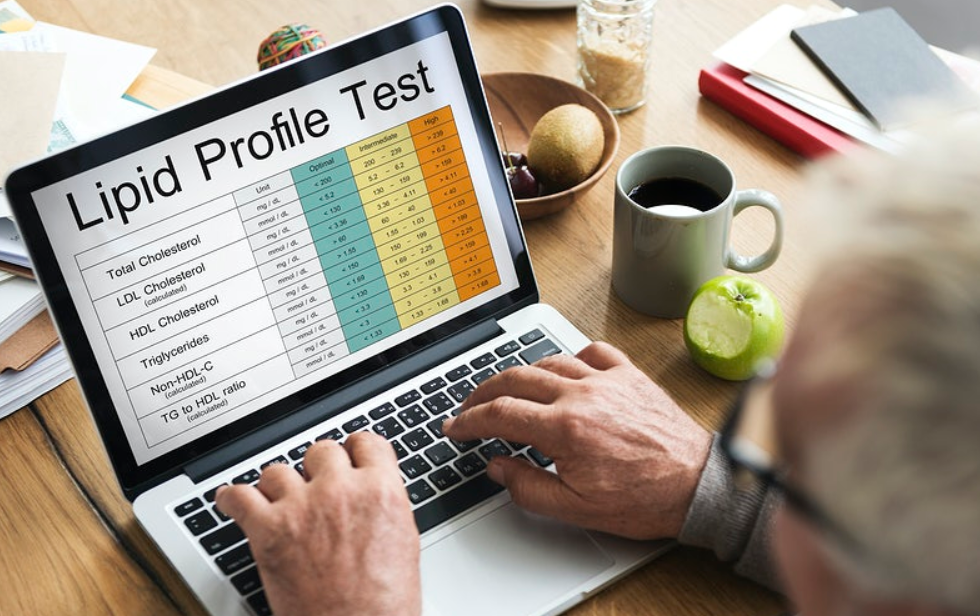Drug addiction is a complex issue influenced by various factors, one of which is mental health. Mental health disorders can play a significant role in the development and progression of drug addiction, creating a cycle of challenges for individuals struggling with both conditions. You can Find A Rehab Center to help you navigate the complexities of dual diagnosis and receive the specialized care needed for both addiction and mental health disorders. In this article, we’ll explore the relationship between mental health disorders and drug addiction, understanding how they intersect and impact each other.
Understanding Mental Health Disorders

Mental health disorders encompass a wide range of conditions that affect mood, thoughts, and behavior. Common mental health disorders include depression, anxiety disorders, bipolar disorder, post-traumatic stress disorder (PTSD), attention-deficit/hyperactivity disorder (ADHD), and schizophrenia, among others. These disorders can significantly impact a person’s emotional well-being, cognitive function, and overall quality of life.
The Connection Between Mental Health and Drug Addiction
The relationship between mental health disorders and drug addiction is often bidirectional, meaning they can influence and exacerbate each other. Here are some key aspects of this connection:
- Self-Medication: Individuals with untreated or undiagnosed mental health disorders may turn to drugs as a form of self-medication to alleviate symptoms such as anxiety, depression, or mood swings. Substance use temporarily masks these symptoms but can lead to addiction over time.
- Co-Occurring Disorders: Co-occurring disorders, also known as dual diagnosis or comorbidity, refer to the presence of both a mental health disorder and a substance use disorder. For example, someone with depression may also develop a dependence on alcohol or drugs as a coping mechanism.
- Neurological Changes: Both mental health disorders and drug addiction can cause changes in brain chemistry and neural pathways. For instance, substances like alcohol, opioids, or stimulants can alter neurotransmitter levels, affecting mood, motivation, and reward processing.
- Vulnerability to Addiction: Certain mental health disorders may increase vulnerability to addiction due to factors such as impulsivity, emotional dysregulation, low self-esteem, or genetic predisposition. These factors can contribute to the initiation and maintenance of substance use.
Impact on Treatment and Recovery

The presence of a mental health disorder in addition to drug addiction can complicate treatment and recovery. Here are some ways in which mental health disorders influence the treatment process:
- Dual Diagnosis Treatment: Effective treatment for co-occurring disorders requires an integrated approach that addresses both substance use and mental health needs simultaneously. Dual-diagnosis treatment programs offer comprehensive care, including therapy, medication management, and support for lifestyle changes.
- Underlying Issues: Addressing underlying issues such as trauma, unresolved emotions, or dysfunctional coping strategies is crucial in treating both addiction and mental health disorders. Therapy modalities like cognitive-behavioral therapy (CBT), dialectical behavior therapy (DBT), and trauma-informed care can be beneficial.
- Medication Management: In some cases, medication may be prescribed to manage symptoms of mental health disorders and support recovery from addiction. Medications for depression, anxiety, mood stabilization, and addiction cravings may be part of a comprehensive treatment plan.
- Holistic Approach: A holistic approach to treatment considers the interconnectedness of physical, emotional, and social factors. Incorporating mindfulness practices, healthy lifestyle changes, peer support groups, and family involvement can enhance overall well-being and long-term recovery.
The role of mental health disorders in drug addiction is multifaceted and requires a comprehensive approach to healing. By addressing both substance use and underlying mental health needs, individuals can achieve lasting recovery and improve their overall quality of life. Through awareness, education, and compassionate support, we can empower individuals to break free from the cycle of addiction and live fulfilling, healthy lives.…








 Healthy joints are essential for our overall well-being. Joints connect bones and allow us to move freely, walk, run, jump, or bend. They are crucial in our daily activities and help us maintain an active lifestyle. Joints also absorb shock and distribute weight evenly throughout the body. Putting too much pressure on one joint or using improper form during exercise or other physical activities can lead to joint damage and pain. Moreover, healthy joints support good posture, vital for the spine’s health. Poor posture inflicts extra stress on your back muscles, leading to muscle fatigue, which causes spasm that ultimately leads to chronic pain.
Healthy joints are essential for our overall well-being. Joints connect bones and allow us to move freely, walk, run, jump, or bend. They are crucial in our daily activities and help us maintain an active lifestyle. Joints also absorb shock and distribute weight evenly throughout the body. Putting too much pressure on one joint or using improper form during exercise or other physical activities can lead to joint damage and pain. Moreover, healthy joints support good posture, vital for the spine’s health. Poor posture inflicts extra stress on your back muscles, leading to muscle fatigue, which causes spasm that ultimately leads to chronic pain. Proper joint health is essential to lead an active and pain-free life. However, maintaining healthy joints can be challenging with age and our sedentary lifestyle. But don’t worry! You can incorporate simple ways into your routine to achieve and maintain healthy joints. Regular exercise is crucial for healthy joints. Low-impact exercises like walking or cycling strengthen the muscles surrounding the joints, reducing their pressure. Moreover, it helps maintain a healthy weight, reducing stress on your knees and hips.
Proper joint health is essential to lead an active and pain-free life. However, maintaining healthy joints can be challenging with age and our sedentary lifestyle. But don’t worry! You can incorporate simple ways into your routine to achieve and maintain healthy joints. Regular exercise is crucial for healthy joints. Low-impact exercises like walking or cycling strengthen the muscles surrounding the joints, reducing their pressure. Moreover, it helps maintain a healthy weight, reducing stress on your knees and hips.
 Most gyms offer a variety of complimentary classes and trials. Take advantage of these! Free classes are a great way to try different workouts to see what you like best. And if you find a class you enjoy, you can always sign up for more sessions later. Trials usually last for a week or two, so they’re perfect for getting a taste of what a gym offers without committing to a long-term membership.
Most gyms offer a variety of complimentary classes and trials. Take advantage of these! Free classes are a great way to try different workouts to see what you like best. And if you find a class you enjoy, you can always sign up for more sessions later. Trials usually last for a week or two, so they’re perfect for getting a taste of what a gym offers without committing to a long-term membership.
 One of the most important things you can do for your health is to drink plenty of water. It’s recommended that you drink eight glasses of water per day, but this may vary depending on your activity level and climate. Drinking water helps keep your body hydrated, essential for proper bodily function. When adequately hydrated, you’re less likely to feel fatigued, and your skin will look better. If you find it difficult to drink eight glasses of water per day, try carrying a reusable water bottle and sipping on it throughout the day. You can also flavor your water with fruit or herbs to make it palatable.
One of the most important things you can do for your health is to drink plenty of water. It’s recommended that you drink eight glasses of water per day, but this may vary depending on your activity level and climate. Drinking water helps keep your body hydrated, essential for proper bodily function. When adequately hydrated, you’re less likely to feel fatigued, and your skin will look better. If you find it difficult to drink eight glasses of water per day, try carrying a reusable water bottle and sipping on it throughout the day. You can also flavor your water with fruit or herbs to make it palatable. If you spend a lot of time sitting at a desk, it’s essential to adjust your chair and computer screen to ensure good posture. Poor posture can lead to neck and back pain, headaches, and other health problems. Make sure your chair is at the proper height so that your feet are flat on the floor and your knees are at a 90-degree angle. Your computer screen should be at eye level to avoid strain on your neck and shoulders. If you can’t adjust your desk or chair, try using a posture Corrector.
If you spend a lot of time sitting at a desk, it’s essential to adjust your chair and computer screen to ensure good posture. Poor posture can lead to neck and back pain, headaches, and other health problems. Make sure your chair is at the proper height so that your feet are flat on the floor and your knees are at a 90-degree angle. Your computer screen should be at eye level to avoid strain on your neck and shoulders. If you can’t adjust your desk or chair, try using a posture Corrector.
 Your muscles will grow bigger with enough
Your muscles will grow bigger with enough 

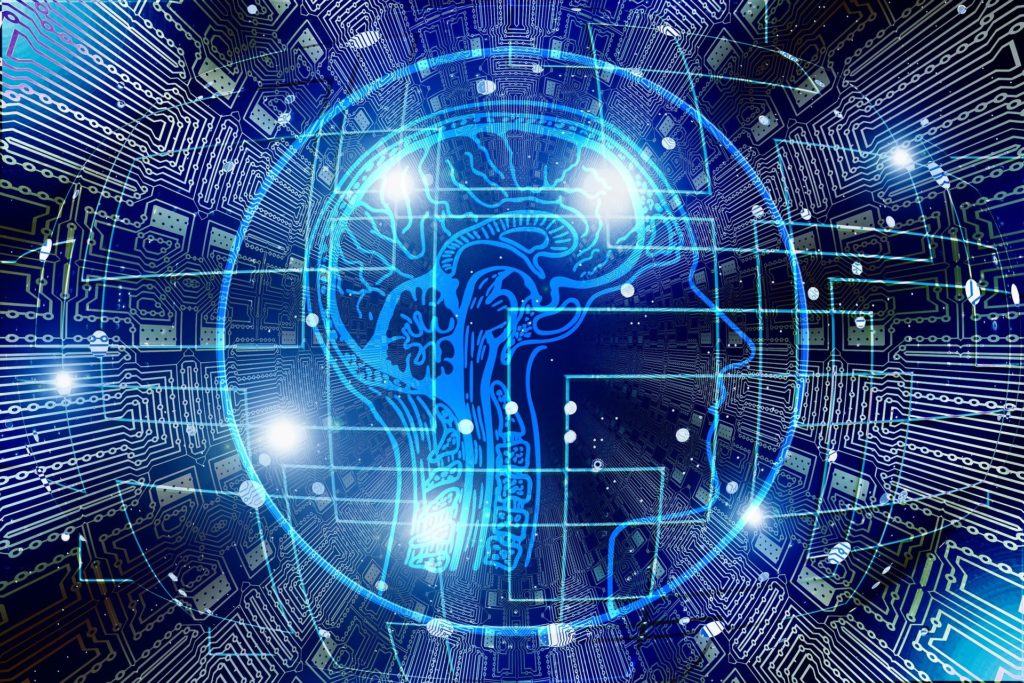
 Exercise can improve the brain’s state by helping the mind cope with stress, according to research on the effects of exercise on neurochemicals linked to the body’s response to stress. Norepinephrine is of interest to researchers because 50 percent of it is produced in the locus coeruleus, an area of the brain that connects nearly all brain regions involved in mental and stress responses. This chemical is thought to play an important role in regulating other more widespread receptors that play important roles in the stress response.
Exercise can improve the brain’s state by helping the mind cope with stress, according to research on the effects of exercise on neurochemicals linked to the body’s response to stress. Norepinephrine is of interest to researchers because 50 percent of it is produced in the locus coeruleus, an area of the brain that connects nearly all brain regions involved in mental and stress responses. This chemical is thought to play an important role in regulating other more widespread receptors that play important roles in the stress response.

 Detoxification and cleansing are just two of the well-known benefits of rock salt. In winter seasons, dead skin cells accumulate on our skin, which also takes away the necessary moisture. Himalayan salt exfoliates these cells and consequently protects the layers of the skin, keeping it glowing and youthful. The layers of the skin are rejuvenated by frequent massages with rock salt. Minerals and nutrients penetrate the skin tissues and target the cells, improving
Detoxification and cleansing are just two of the well-known benefits of rock salt. In winter seasons, dead skin cells accumulate on our skin, which also takes away the necessary moisture. Himalayan salt exfoliates these cells and consequently protects the layers of the skin, keeping it glowing and youthful. The layers of the skin are rejuvenated by frequent massages with rock salt. Minerals and nutrients penetrate the skin tissues and target the cells, improving  Rock salt is an important element in keeping your hair and scalp healthy. Cleaning your scalp with rock salt removes dead skin cells accumulated in your scalp and drains the impurities by strengthening the hair to retain the healthy oils. You can also combine rock salt with almost any shampoo or homemade formula to reap its benefits. Besides, salt is also a natural hair conditioner that can prevent your hair from falling and breaking.…
Rock salt is an important element in keeping your hair and scalp healthy. Cleaning your scalp with rock salt removes dead skin cells accumulated in your scalp and drains the impurities by strengthening the hair to retain the healthy oils. You can also combine rock salt with almost any shampoo or homemade formula to reap its benefits. Besides, salt is also a natural hair conditioner that can prevent your hair from falling and breaking.…
 You have to make sure that you continuously eat a balanced diet. Otherwise, it can worsen this disease. Eat diets loaded in vegetables, fruits, fish, whole grains with a small portion of processed red meat and grains. Since this dietary plan is healthy, it indeed reduces the threat and helps control erectile dysfunction.
You have to make sure that you continuously eat a balanced diet. Otherwise, it can worsen this disease. Eat diets loaded in vegetables, fruits, fish, whole grains with a small portion of processed red meat and grains. Since this dietary plan is healthy, it indeed reduces the threat and helps control erectile dysfunction. Poor sleep can affect testosterone levels in men, according to one published brain research. This hormone secretion is studied to regulate the body’s internal blockage. In this case, the quality of sleep does matter to help the human body releasing certain hormones. Therefore, a good sleep schedule can help your body release the hormone that leads to your optimal sex performance.
Poor sleep can affect testosterone levels in men, according to one published brain research. This hormone secretion is studied to regulate the body’s internal blockage. In this case, the quality of sleep does matter to help the human body releasing certain hormones. Therefore, a good sleep schedule can help your body release the hormone that leads to your optimal sex performance.  Alcohol has a direct association with both short- and long-term erectile dysfunction. It happens because the central nervous system releases a vital chemical, such as nitric oxide. This chemical has the responsibility for sustaining and creating an erection. However, the central nervous system has been depressed by alcohol consumption affecting the reduction of its effectiveness. It means that inadequate nitric oxide can affect erectile dysfunction.
Alcohol has a direct association with both short- and long-term erectile dysfunction. It happens because the central nervous system releases a vital chemical, such as nitric oxide. This chemical has the responsibility for sustaining and creating an erection. However, the central nervous system has been depressed by alcohol consumption affecting the reduction of its effectiveness. It means that inadequate nitric oxide can affect erectile dysfunction.
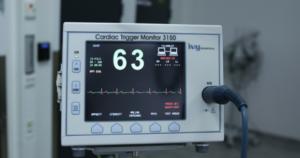



 Medical malpractice can sometimes seem unintentional, but doctors,
Medical malpractice can sometimes seem unintentional, but doctors, 
 Sometimes when you are stuck in a gym and thinking about new ideas, start making progress again. You can still achieve all the goals you set for yourself and
Sometimes when you are stuck in a gym and thinking about new ideas, start making progress again. You can still achieve all the goals you set for yourself and  Yard Work
Yard Work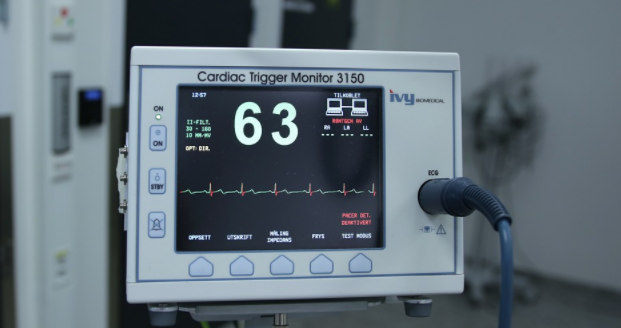
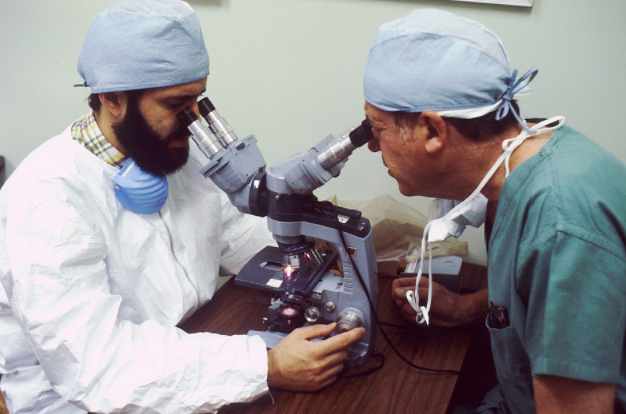
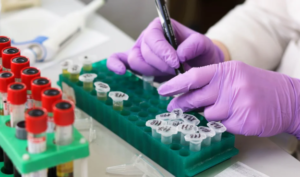 Technology brings many benefits to healthcare. Better devices have allowed doctors to provide more comprehensive care. It has led to better treatments, which have improved the quality of life for many people with long-term illnesses. Better medicine has made the stress of a life-threatening illness a thing of the past. Research has been rapid due to improved equipment.
Technology brings many benefits to healthcare. Better devices have allowed doctors to provide more comprehensive care. It has led to better treatments, which have improved the quality of life for many people with long-term illnesses. Better medicine has made the stress of a life-threatening illness a thing of the past. Research has been rapid due to improved equipment.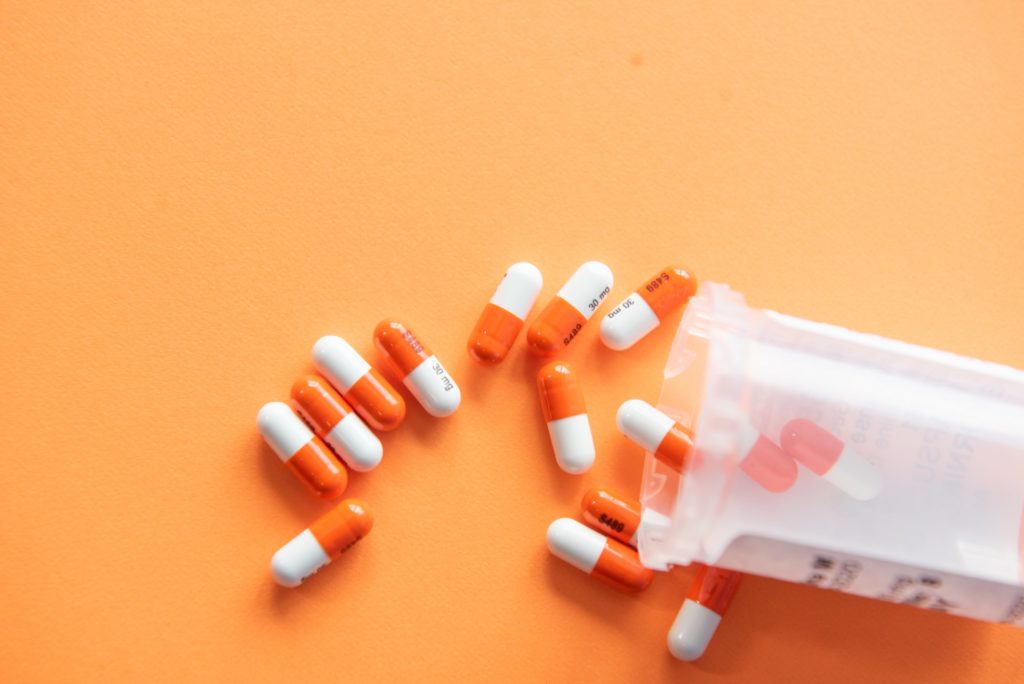
 Tadalafil is a piece of a gathering of medications called phosphodiesterase type 5 (PDE5) inhibitors. Various medications are a gathering of meds that work undetectably. These prescriptions are frequently utilized in treating comparative issues. Tadalafil will help relax the muscle on your prostate and bladder. To improve ED manifestations, Tadalafil assists increment with blooding stream into your penis. This could permit you to pick up and keep an erection. For Tadalafil, who will help you with experiencing an erection, you should be expressly mixed.
Tadalafil is a piece of a gathering of medications called phosphodiesterase type 5 (PDE5) inhibitors. Various medications are a gathering of meds that work undetectably. These prescriptions are frequently utilized in treating comparative issues. Tadalafil will help relax the muscle on your prostate and bladder. To improve ED manifestations, Tadalafil assists increment with blooding stream into your penis. This could permit you to pick up and keep an erection. For Tadalafil, who will help you with experiencing an erection, you should be expressly mixed. These tests will assess how well your liver and kidneys are working. On the off chance that your test outcomes aren’t envisioned or on occasion, you have liver or kidney illness, and your primary care physician may change your medicine. On the off chance that you’re taking Tadalafil for BPH, at that point, your primary care physician may run a test and do a blood test called a prostate-explicit antigen (PSA). That is because the manifestations of BPH and prostate disease could be comparable. These tests will help be certain you don’t have prostate malignancy before you begin taking Tadalafil.
These tests will assess how well your liver and kidneys are working. On the off chance that your test outcomes aren’t envisioned or on occasion, you have liver or kidney illness, and your primary care physician may change your medicine. On the off chance that you’re taking Tadalafil for BPH, at that point, your primary care physician may run a test and do a blood test called a prostate-explicit antigen (PSA). That is because the manifestations of BPH and prostate disease could be comparable. These tests will help be certain you don’t have prostate malignancy before you begin taking Tadalafil.
 If you injured and you got inflammation on your wound, you need to use CBD. One of the benefits of CBD is anti-inflammation. CBD can so fast reduce the inflammation of your wound. Furthermore, if you have arthritis, which causes inflammation, you can use the CBD to reduce the inflammations. One of the best benefits of CBD is great to relieve or reduce pain. Especially if you have neuropathic, CBD definitely will reduce your pain. CBD is such a pain killer for this disease. Therefore it’s so important for having CBD to reduce your pain.
If you injured and you got inflammation on your wound, you need to use CBD. One of the benefits of CBD is anti-inflammation. CBD can so fast reduce the inflammation of your wound. Furthermore, if you have arthritis, which causes inflammation, you can use the CBD to reduce the inflammations. One of the best benefits of CBD is great to relieve or reduce pain. Especially if you have neuropathic, CBD definitely will reduce your pain. CBD is such a pain killer for this disease. Therefore it’s so important for having CBD to reduce your pain.

 Most of these animals, especially dogs and cats, tend to eat, but their enthusiasm for food could not survive for long if they were given unnecessary food. We must make sure that this devouring fire lasts for many, many years. Therefore, it is strongly recommended that we feed our pets twice under certain circumstances. But I have met many people who complain about their pets going crazy for food. I understand that this is a critical issue once your furry friend is begging for food, and you are not working, but this is something that speaks for your pets.
Most of these animals, especially dogs and cats, tend to eat, but their enthusiasm for food could not survive for long if they were given unnecessary food. We must make sure that this devouring fire lasts for many, many years. Therefore, it is strongly recommended that we feed our pets twice under certain circumstances. But I have met many people who complain about their pets going crazy for food. I understand that this is a critical issue once your furry friend is begging for food, and you are not working, but this is something that speaks for your pets.

 Before starting the drug treatment assigned to a specific person, the profile is expected to be reviewed. This practice will play a very important role in the development of your communication skills.
Before starting the drug treatment assigned to a specific person, the profile is expected to be reviewed. This practice will play a very important role in the development of your communication skills. Communication problems are one of the main problems that every
Communication problems are one of the main problems that every 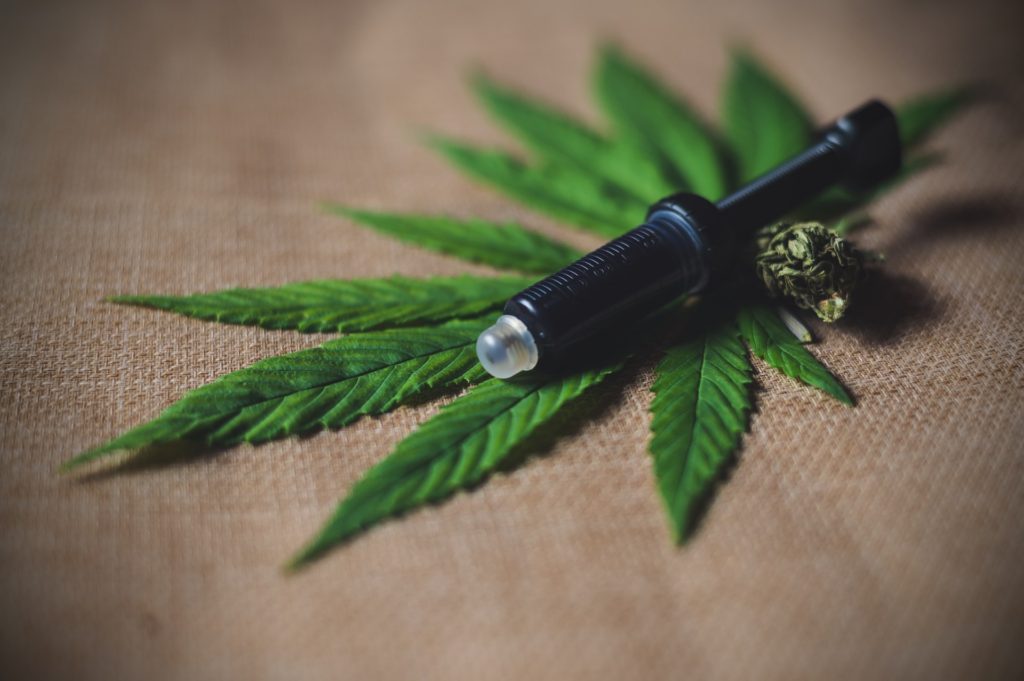
 The effects of CBD in those brownies take long to kick, so you might be charmed to take longer. CBD brownies are not hard to make at home. Uncommonly made CBD brownies will be the best since you can consolidate or leave the parts you don’t require and oversee CBD checks you use. CBD keeps on being read for the
The effects of CBD in those brownies take long to kick, so you might be charmed to take longer. CBD brownies are not hard to make at home. Uncommonly made CBD brownies will be the best since you can consolidate or leave the parts you don’t require and oversee CBD checks you use. CBD keeps on being read for the  CBD imbued honey is yummy to nectar fans. Like CBD bars, this nectar has double medical advantages that you would not have to neglect. Honey contains sugars, amino acids, nutrients, minerals, and chemicals with antibacterial, cell reinforcement, and favorable antifungal features. This leaves CBD nectar an exceptionally healthy method of gulping CBD. Nectar mixes so well with CBD oil, likewise improves its flavor, making it more straightforward for you to ingest. You can pick CBD honey to add it to drinks like tea.
CBD imbued honey is yummy to nectar fans. Like CBD bars, this nectar has double medical advantages that you would not have to neglect. Honey contains sugars, amino acids, nutrients, minerals, and chemicals with antibacterial, cell reinforcement, and favorable antifungal features. This leaves CBD nectar an exceptionally healthy method of gulping CBD. Nectar mixes so well with CBD oil, likewise improves its flavor, making it more straightforward for you to ingest. You can pick CBD honey to add it to drinks like tea.

 Women are far more vulnerable than men to develop osteoporosis and related bone fracture and height loss as they age. It is due largely since women have thinner bones and lose bone strength rapidly as they age because of estrogen loss. Certain instances like hip fractures lead to immobility and even premature death. Muscle strengthening and weight-bearing help promote
Women are far more vulnerable than men to develop osteoporosis and related bone fracture and height loss as they age. It is due largely since women have thinner bones and lose bone strength rapidly as they age because of estrogen loss. Certain instances like hip fractures lead to immobility and even premature death. Muscle strengthening and weight-bearing help promote 

 Protective shield against heart disease: caffeine is believed to increase blood pressure, but the results are minimal. It disappears if you drink coffee regularly. People who drink coffee regularly are much less likely to develop heart disease than people who have not drunk coffee. The liver plays an important role in performing countless functions in our body. There are many diseases that mainly affect the liver, such as fatty liver diseases, illnesses, etc. Coffee has excellent health benefits that people do not normally understand. That is why we believe that many of the most important benefits are worth mentioning.…
Protective shield against heart disease: caffeine is believed to increase blood pressure, but the results are minimal. It disappears if you drink coffee regularly. People who drink coffee regularly are much less likely to develop heart disease than people who have not drunk coffee. The liver plays an important role in performing countless functions in our body. There are many diseases that mainly affect the liver, such as fatty liver diseases, illnesses, etc. Coffee has excellent health benefits that people do not normally understand. That is why we believe that many of the most important benefits are worth mentioning.…

 Do not hesitate to purchase the ideal workout equipment. A tiny investment will be sufficient to give you a boost to train every day. However, it is going to set the mood for you and provide you the inspiration attempt to work more and to continue training and to be active.
Do not hesitate to purchase the ideal workout equipment. A tiny investment will be sufficient to give you a boost to train every day. However, it is going to set the mood for you and provide you the inspiration attempt to work more and to continue training and to be active.